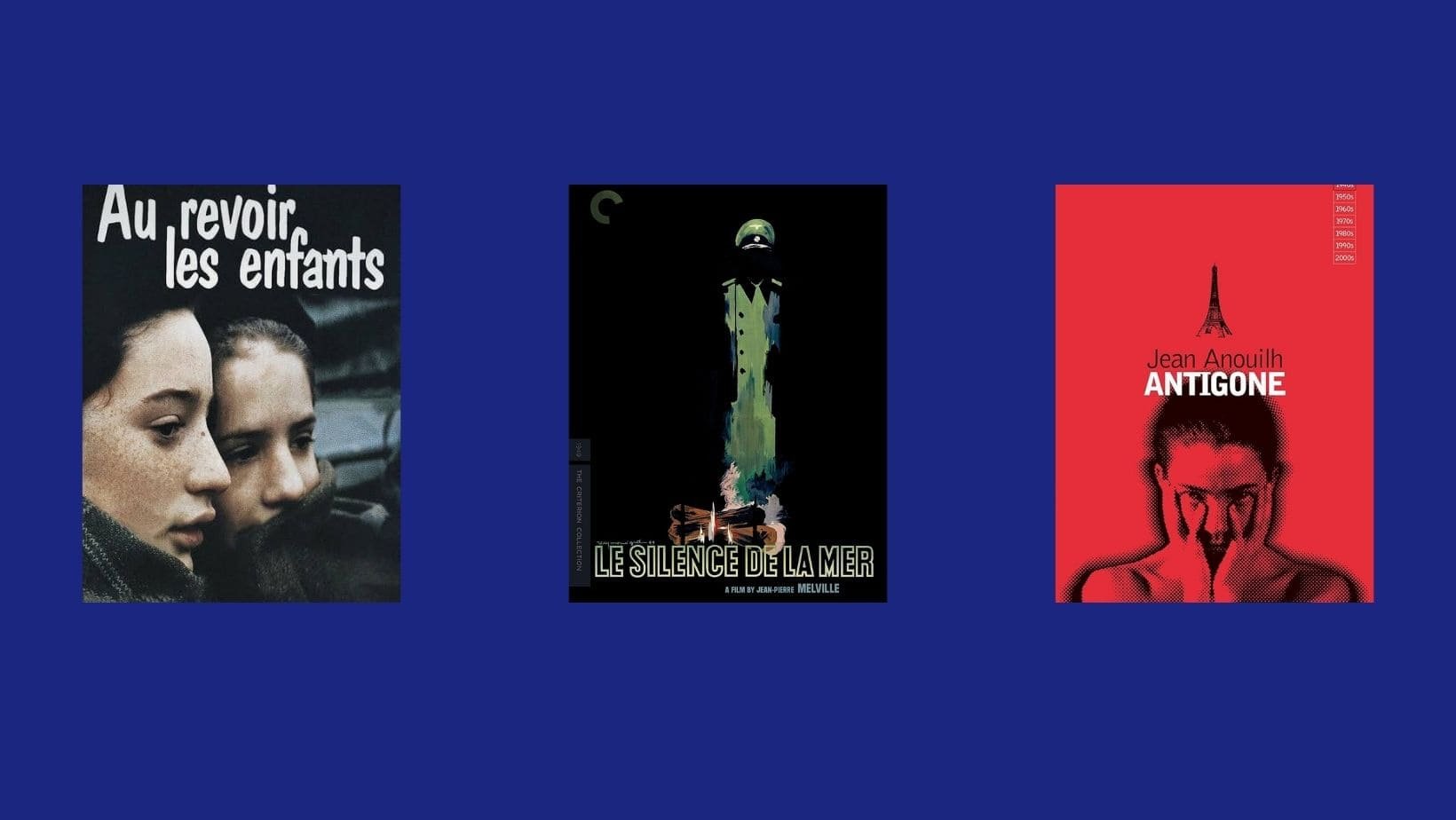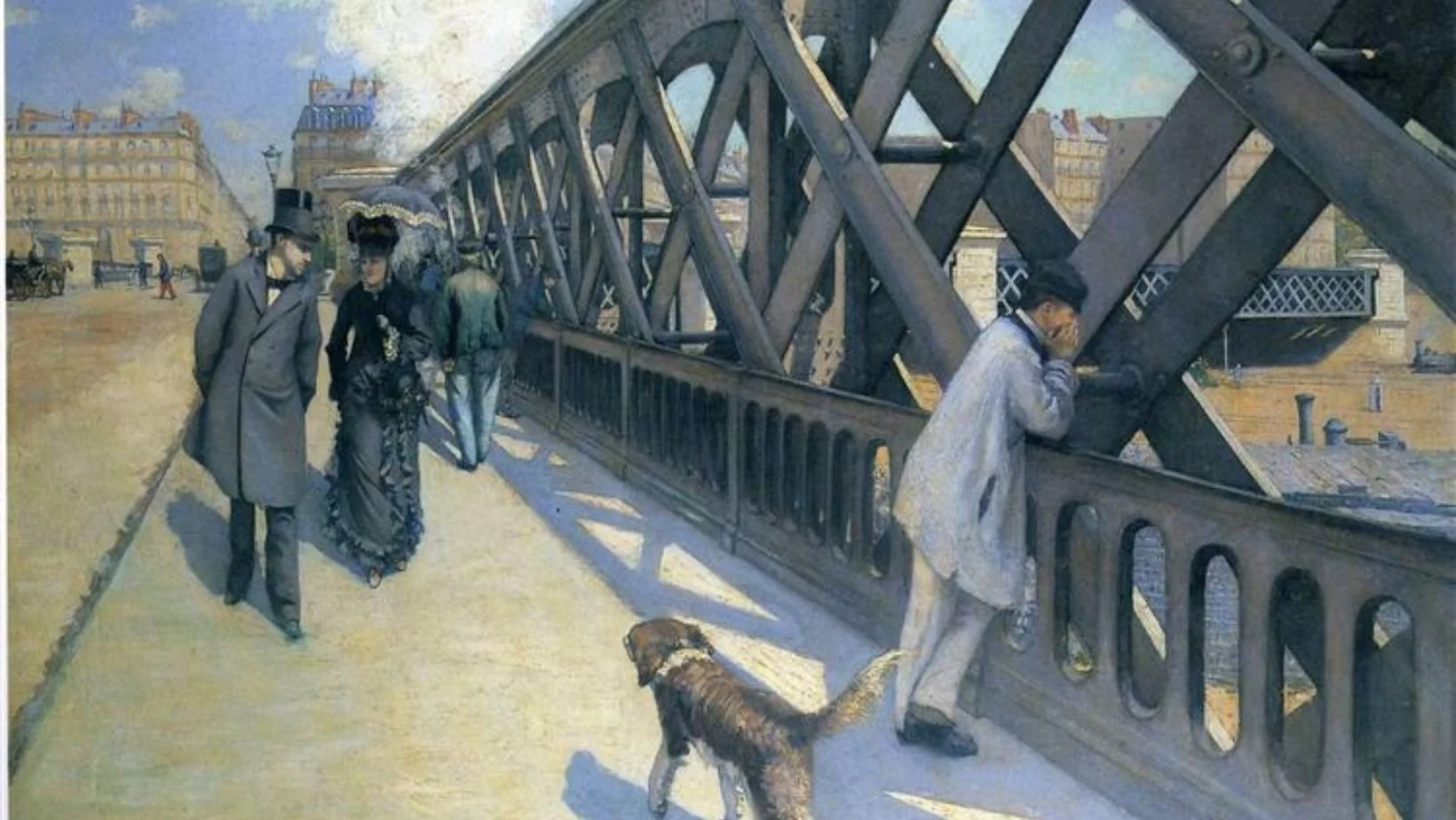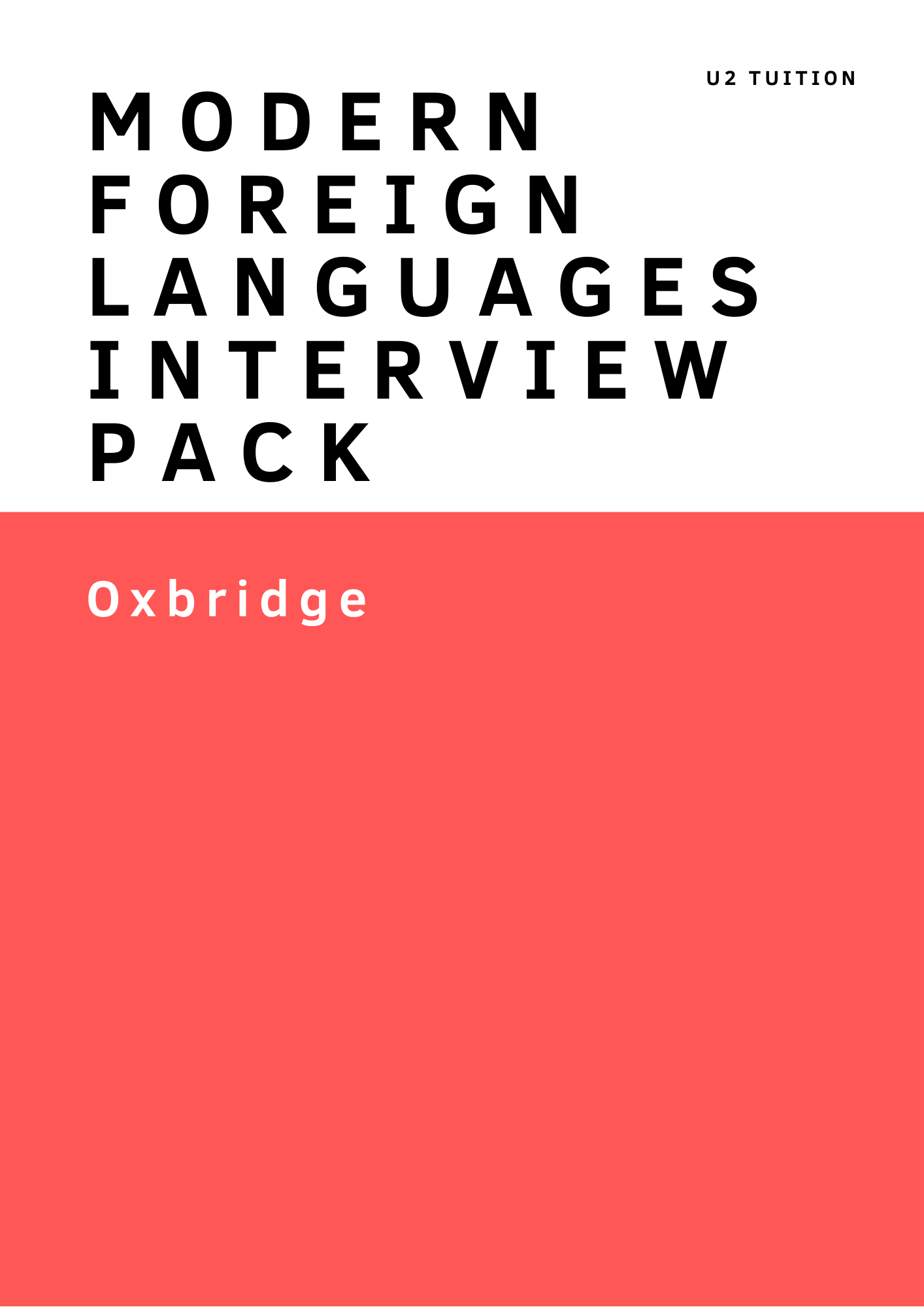French at University 2026: French Personal Statement Tips and More
Preparing an Expert French Personal Statement
When attempting to write your French personal statement, it can feel daunting being faced with the entirety of the French canon and not knowing where to begin. A good piece of advice is to have a general understanding of the timeline of famous French literary works and then focus more specifically on one time period and read more broadly around that. Really get to grips with the era of your choice, whether this is due to a fascination of the valiant efforts of La Résistance during Second World War or an interest in Courtly love between knights and maidens in medieval France. We would suggest reading novels, poems and memoirs from that period, watching films, understanding the socio-historical context through newspaper articles and looking at both the art produced and political propaganda imagery distributed. Having a broad, cross-disciplinary understanding of the era and demonstrating this in your French personal statement will set you in good stead to discuss this topic in your interview, should it come up!
This in-depth guide will help introduce you to where you can get started preparing for French at university. It will help introduce key historic periods and literary works from them that offer a useful overview of what you might want to include in your French personal statement. Use these reading suggestions as starting points in your preparation for French at university and take time to explore your own interests beyond these and develop your opinion of them when you come to write your French personal statement.
Key Historic Periods for your French Personal Statement:
Here are some examples of books, films and paintings to have a look at for two periods in French history:
Nazi Occupation in France
Novel:
Le silence de la mer - written during the summer of 1941 and published in early 1942 by Jean Bruller under the pseudonym "Vercors". This short fictional novel was published secretly in German-occupied Paris, and it rapidly acted as a symbol of passive resistance for the French against German occupiers. The writing is simple and therefore a good option to try and not immediately feel despondent.
Play:
Antigone - A tragedy written by Jean Anouilh inspired by Greek mythology and the play of the same name by Sophocles, originally produced in Paris in 1942. The play depicts an authoritarian regime, but the ancient setting enabled the author to make a masked critique of the Vichy regime, and get away with it.
Film:
Au Revoir Les Enfants - A film directed by Louis Malle, set in the winter of 1943-44. This breathtakingly good, but deeply harrowing movie is set in a French boarding school that agrees to hide a selection of Jewish children. Although made in 1987, the topic should give you a more profound understanding of all aspects of ways in which French people were affected by the Nazi occupation in France.
1850-1900 France - A Modernised Paris
Poetry
Baudelaire - Charles Baudelaire is one of the most compelling poets of the 19th century. One of his most famous collections is called Les Fleurs du Mal (The Flowers of Evil), and across 126 poems he describes his frustration at the constantly changing nature of beauty in a modernised Paris undergoing industrialisation during the 19th century. He is credited with coining the term modernité, referring to the fleeting, ephemeral experience of life in an urban metropolis, and the responsibility of artists to capture these moments in their art.
Art
Le Pont de l’Europe - A painting by Gustave Caillebotte that perfectly encapsulates the stark modifications that were taking place thanks to Baron Haussmann’s redesigning of the city. The iron bridge in the foreground overlooks the railroads of the Gare St Lazare, a modern fascination of many flâneurs as steam-engine trains became more common. Even the presence of a flâneur, a man who spent his days wandering the streets looking for inspiration for art and writing, is a nod to the new era.
Novel
Le Ventre de Paris - A novel by Zola that is not as widely read as some of his others, such as Germinal and Thérèse Raquin, but is a lively and accessible work of fiction that depicts the hustle and bustle of the newly-built Les Halles marketplace in Paris. Zola was a writer in the Naturalism movement and was fascinated by how people were affected by their family heritage and environment. He creates a montage of Parisian scenes through his rich imagery, so much so that you can almost smell the ‘symphony of cheeses’ he conjures up.
U2 Tuition Quick Tip: Remember, your reading for your French Personal Statement does not have to be strictly academic. There is a smaller distinction between high and low culture than one is led to believe; Baudelaire is as worthy of linguistic analysis as the language of a contemporary satirical magazine. The important thing is that you engage as much as you can in your French Personal Statement with the culture and history of France, through multiple mediums and artistic forms.
Looking to study French at University? Join our Minds Underground French Summer School
Join our online summer school to boost your chance of success in your 2024 application for French at University!
Learn from an all Oxbridge-educated team of Language graduates through engaging online group sessions with like-minded students
Delve into and explore both the cultural and linguistic aspects of French, gaining exposure to exciting literature across a range of periods for your French personal statement & interview preparation, such as la Comédie Française or understanding linguistic change.
Our online languages summer school is available in Spanish and German in addition to French.
Useful Online Resources for your French Personal Statement
In Our Time BBC podcast
Online lectures e.g. Gresham College hosted a lecture on “The Novel as Political History” on Le Rouge Et Le Noir
Cambridge HE+ Resources: Check out their resource on French and Belgian Comics
CamLangSci is an incredibly interesting blog run by graduate students working at the Department of Theoretical and Applied Linguistics in Cambridge
Top Tips for your French Personal Statement:
Create a thread of your ideas
Think of ways to link paragraphs in your French Personal Statement by creating a thread that goes between your ideas. You can compare and contrast different writers or texts or make links between literary concepts or styles, whatever works for you!
Show evidence of further reading
Demonstrate you have done further reading outside of class, don’t regurgitate your A-Level/IB syllabus
Explore key literary movements
These movements (18th - 20th centuries particularly) will help you gain an understanding of some of the key themes and context that you will go on to explore studying French at university, so show your enthusiasm for the course!
Give your own opinion
Offering your own opinion on the texts/ films you mention in your French personal statement will demonstrate you can analyse texts and draw conclusions from them. If you have an interview, the interviewer wants to use your French personal statement to have an interesting conversation which means developing personal, independent thoughts on the literature that you have read.
Explore some literary theory!
Maybe look into aspects of literary theory that might interest you - Roland Barthes’ theory ‘la mort de l’auteur’ is very interesting. You don’t have to read it in French at this stage — though it could be an interesting exercise to read it alongside the translation!
Engage with Culture and Politics
Try to show a wider awareness of the culture and politics that come with studying Modern Languages. You can do this by engaging with the context of the texts you mention but also by making sure you spend some time reading newspapers or listening to current affairs podcasts for your French personal statement!
If you are applying to Oxbridge, think about questions likely to come up in the interview relating to your French personal statement:
Make sure what you have cited in your French personal statement is not everything you have got: have further examples to draw upon that relate to books/theorists/concepts mentioned
Take a few words or a phrase, and imagine an interviewer asking, “can you expand on that?”
Between now and the interview, role-play with yourself. What are the contentious, unclear, or unspecific points in your personal statement? What might an interviewer ask? This is very much the portion of the interview where you can take control.
If you’d like further one-to-one practice preparing for an Oxbridge French interview, you might be interested in our online Oxbridge Mock Interview Days where you will attend an interview skills workshop, a collaborative group interview and two individual interviews with a specialist French tutor. Afterwards, you’ll be sent in-depth written feedback to help boost your interview performance for the real thing. Find out more.
You may also like to look at our Modern Foreign Languages Interview pack to enhance your preparation, with accounts from successful applicants, subject exploration advice and past interview questions for you to try.
How Can U2 Help Assist for Application for French at University? French Personal Statement Writing Support and More.
Looking for GCSE, A-Level or IB French support? Need help planning & writing your French personal statement? Preparing for the MLAT or Oxbridge Modern Foreign Languages interviews? We have a large team of wonderful French mentors, all educated at Oxford and Cambridge, who are well-placed to support. We offer either ad hoc tuition or you are welcome to join one of our wider Oxbridge Mentoring programmes (book a free consultation to discuss options).
The Oxbridge Mentoring Process:
1) We suggest an Oxford or Cambridge French graduate as a mentor (you may state your preference) and send their full CV for review. Many of our mentors have studied at Master’s or PhD level/ have supported other successful applicants, and are deeply familiar with the admissions process to study French, including entrance exam requirements and the interview process.
2) We typically suggest beginning with a 1.5 hour informal assessment/ taster session, where the mentor will informally assess the student’s current performance level for test and interview. Following this, we issue a report with feedback, and structure a plan to best prepare.
3) U2’s approach for regular mentoring sessions: In sessions, students are expected to orally communicate, defend, analyse & critique ideas or solve problems, in conversation with the tutor, as in an Oxbridge tutorial. This readies students for the challenging entry process and provides them with the tools needed to stand out amongst other strong candidates. We offer some of the most comprehensive support available at present, with an entire interactive online platform, Minds Underground, built to take care of all students' co-curricular needs in preparation for university application and future careers, including research projects, masterclasses and summer schools.
Sessions from £70/h.





